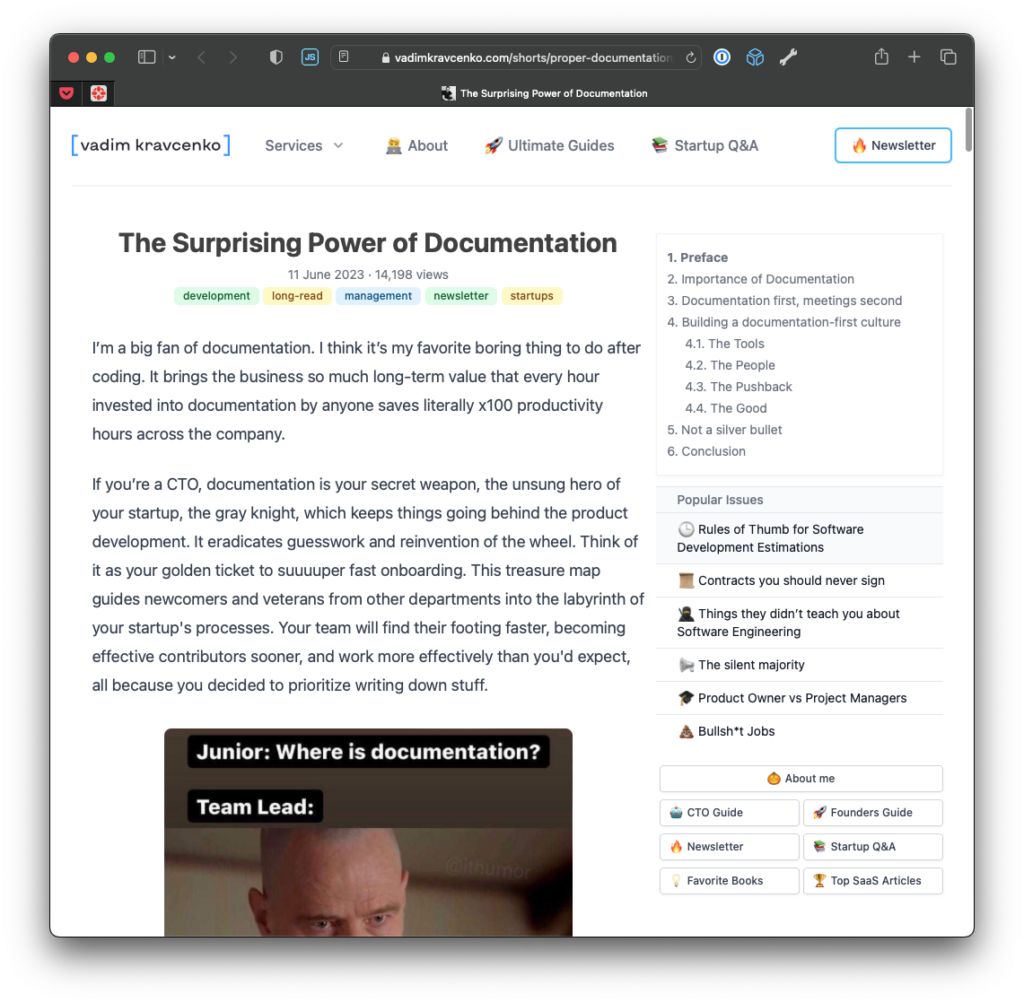As programmers, we’re used to leveraging all kinds of tools that help us to do our jobs be it something such as a debugger to something that helps us standardize our code to something that helps us to deploy our code to whatever platform we’re releasing our product.
And there seems to be a pattern that emerges for many of us as we work through our career:
- We often try to write everything we can for ourselves (we have the time, energy, and desire to do so).
- We start leveraging tools that helps us to achieve our primary goal (we have the know-how to use pre-existing, high quality utilities that help us to write better code or work with a larger project).
- We develop a work flow for working in our niche and outsourcing all of the things that can be automated to third-party tools (we know what we need to focus on and leave the rest to other tools).
But do these tools that are part of our workflow always help us get our work done on a small scale? In other words, why don’t we remember to build tools for ourselves to use?
Continue reading
